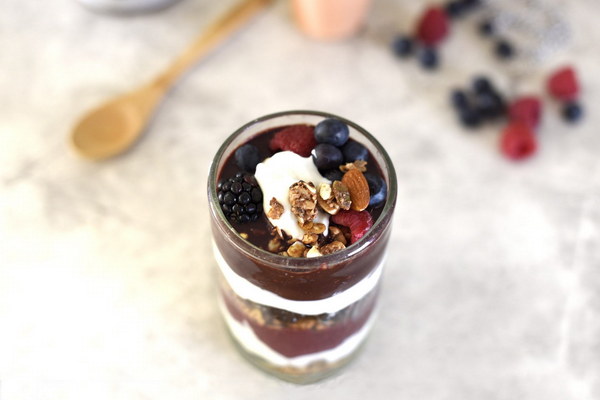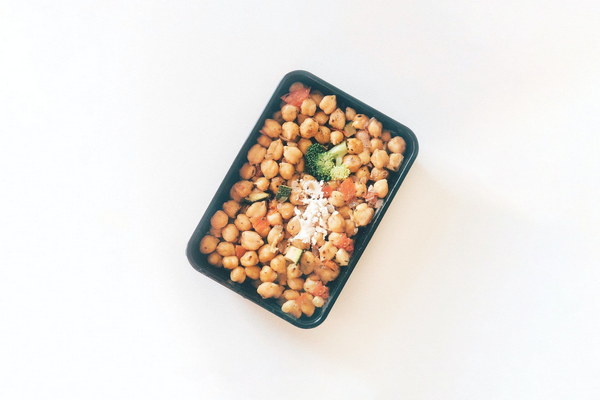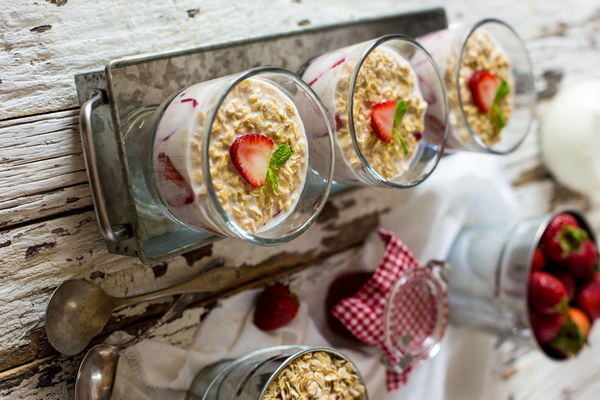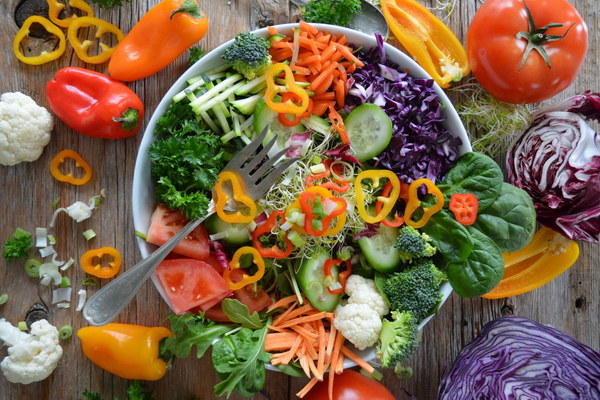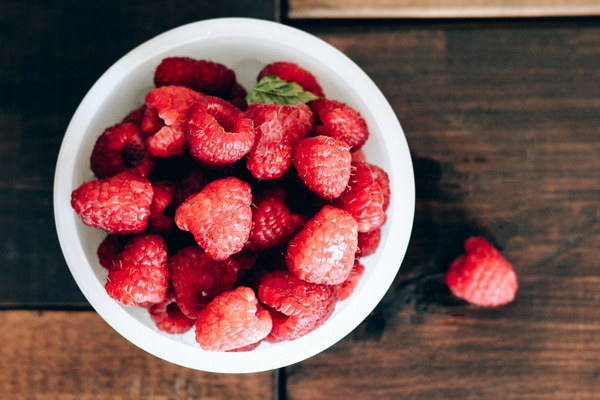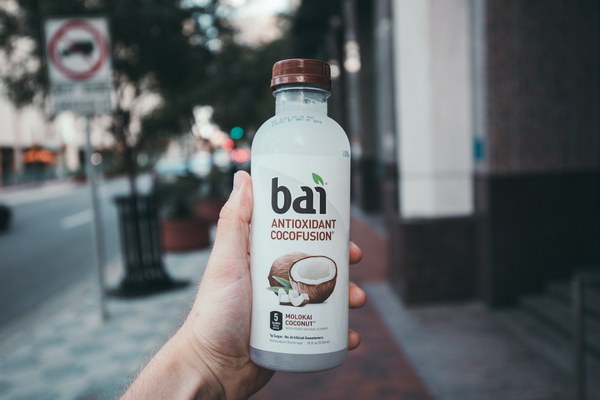Nourish Your Ovaries A Guide to Food-Based Remedies for Enhanced Fertility and Health
Introduction:
Ovaries play a crucial role in the female reproductive system, producing eggs and hormones that regulate the menstrual cycle and contribute to overall health. Unfortunately, factors like stress, environmental toxins, and poor diet can negatively impact ovarian health. This article explores the benefits of dietary approaches to support ovarian health, providing a guide to natural remedies and nutrient-rich foods that can help nourish and protect your ovaries.
1. Understanding Ovarian Health:
Ovarian health is essential for fertility and general well-being. The ovaries are responsible for the production of estrogen, progesterone, and other hormones that are vital for the menstrual cycle, pregnancy, and even bone density. Maintaining healthy ovaries can help prevent conditions such as polycystic ovary syndrome (PCOS), endometriosis, and early menopause.
2. The Role of Diet in Ovarian Health:
Dietary choices can significantly impact ovarian health. By incorporating nutrient-rich foods and avoiding harmful substances, you can support your ovaries and enhance fertility. Here are some key aspects of a diet that promotes ovarian health:
a. Antioxidants: These powerful compounds help protect cells from damage caused by free radicals. Foods rich in antioxidants include berries, dark chocolate, nuts, and leafy greens.
b. Omega-3 Fatty Acids: Found in fatty fish, flaxseeds, and walnuts, omega-3s have anti-inflammatory properties that can help reduce the risk of PCOS and support ovary function.
c. Vitamin D: This essential nutrient is crucial for bone health and may also play a role in regulating ovulation. Foods rich in vitamin D include fatty fish, eggs, and fortified dairy products.
d. Folic Acid: This B vitamin is vital for preventing neural tube defects in pregnant women. It also supports ovary health by reducing the risk of chromosomal abnormalities. Folic acid can be found in leafy greens, beans, and fortified cereals.
e. Magnesium: Magnesium is involved in various processes that regulate the menstrual cycle. Foods high in magnesium include almonds, spinach, and whole grains.
f. Selenium: This mineral has been shown to improve egg quality and reduce the risk of miscarriage. Selenium-rich foods include Brazil nuts, fish, and meat.
3. Foods to Nourish Your Ovaries:
a. Berries: Blueberries, strawberries, raspberries, and blackberries are high in antioxidants, which help protect your ovaries from oxidative stress.
b. Dark Chocolate: The antioxidants in dark chocolate can help reduce inflammation and support overall ovarian health.
c. Flaxseeds: Flaxseeds are an excellent source of omega-3 fatty acids, fiber, and lignans, which may help regulate hormone levels and improve fertility.
d. Walnuts: Walnuts are another great source of omega-3 fatty acids and can help support ovary health.
e. Fatty Fish: Salmon, sardines, and mackerel are rich in omega-3 fatty acids, selenium, and vitamin D, all of which contribute to healthy ovaries.
f. Eggs: Eggs are a great source of vitamin D, selenium, and choline, which may support ovary health and reduce the risk of PCOS.
g. Leafy Greens: Spinach, kale, and collard greens are rich in antioxidants, folic acid, and magnesium, making them excellent choices for ovarian health.
h. Nuts and Seeds: Almonds, Brazil nuts, and sunflower seeds are good sources of magnesium, selenium, and vitamin E, which may help protect your ovaries.
4. Avoiding Harmful Substances:
In addition to incorporating nutrient-rich foods, it's important to avoid substances that can harm your ovaries. These include:

a. Alcohol: Excessive alcohol consumption can negatively impact fertility and increase the risk of ovarian damage.
b. Smoking: Smoking has been linked to an increased risk of PCOS and other reproductive issues.
c. Environmental Toxins: Exposure to endocrine-disrupting chemicals (EDCs) can interfere with hormone production and ovary function. Minimize exposure by choosing organic foods and using natural personal care products.
Conclusion:
Dietary approaches to support ovarian health are a valuable tool for women looking to enhance fertility and overall well-being. By incorporating nutrient-rich foods and avoiding harmful substances, you can nourish your ovaries and improve your chances of conception. Consult with a healthcare professional or a registered dietitian to create a personalized dietary plan that suits your needs.
